the College of Foreign Languages discipline professional theme presentation
On the afternoon of September 12, 2024, the students in and outside the academic training camp and all the 2024 graduate students of the College of Foreign Languages held a subject and professional theme lecture in the B301 lecture hall of the Aviation Section Building. Relevant leaders of the College of Foreign Languages and persons in charge of each program participated in the exchange.
The lecture was presided over by Jiang Zhejie, Vice President of the Graduate College of Foreign Languages. He first extended a warm welcome to the students and new students and briefly introduced the industrial and academic advantages of Shanghai Maritime University as a multidisciplinary applied research university featuring shipping, logistics, and Marine. Over the years, graduates of the College of Foreign Languages have interpreted the concept of foreign language linkage industry voyage of maritime foreign languages in different fields, including language education, translation, and other traditional fields, domestic and foreign party and government agencies, large and medium-sized state-owned enterprises, high-tech enterprises, and governments, enterprises and institutions related to maritime, shipping and ports. Ms. Jiang encouraged the new students to actively take advantage of the advantages of the school and the college, study hard, and continuously improve their professional ability and comprehensive quality, to lay a solid foundation for their future careers.
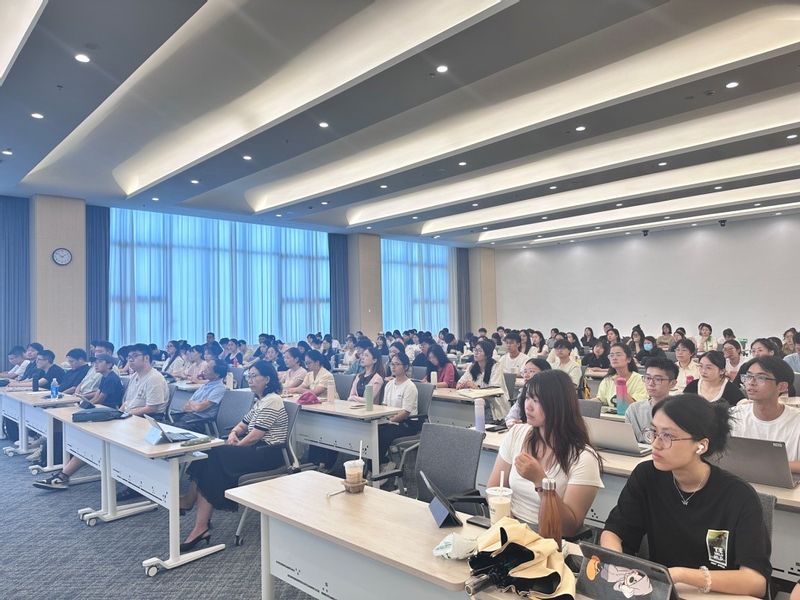
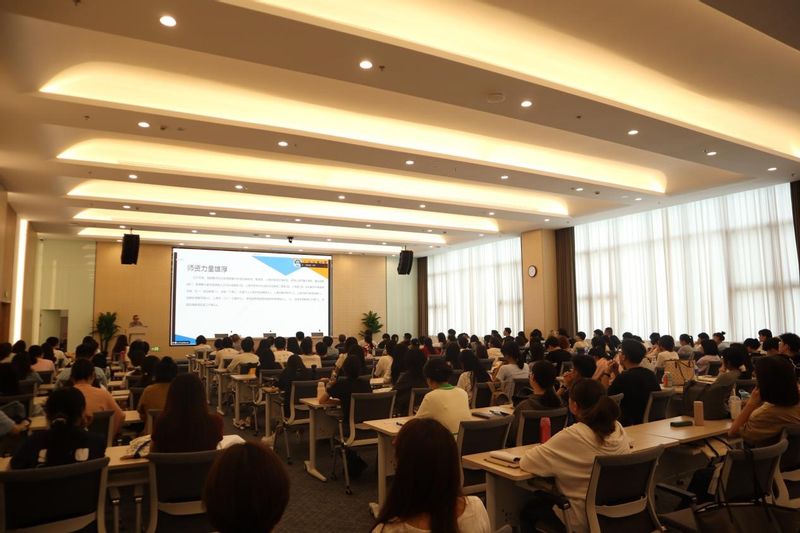
Ms. Li Huadong, director of the Foreign Language and Literature Program, Ms. Xu Xiuzi, director of the Japanese Language and Literature program, and Ms. Song Zhiping, director of the Translation Master program, gave speeches successively, briefly introducing the training characteristics, academic research and practical requirements of their respective majors so that freshmen have a clear understanding and planning for their upcoming postgraduate study. Several teachers pointed out that the College of Foreign Languages focuses on maritime characteristics and trains high-quality, application-oriented, and technically skilled translation talents who can serve the needs of national strategy, regional economic and social development, and industry development. The College has a high level of internationalization, and has cooperative projects with several internationally renowned universities, providing students with abundant overseas study opportunities. The college also pays attention to the cultivation of students' scientific research and practical ability, encourages students to participate in scientific research projects and academic exchanges, and provides a rich practice base and internship opportunities.
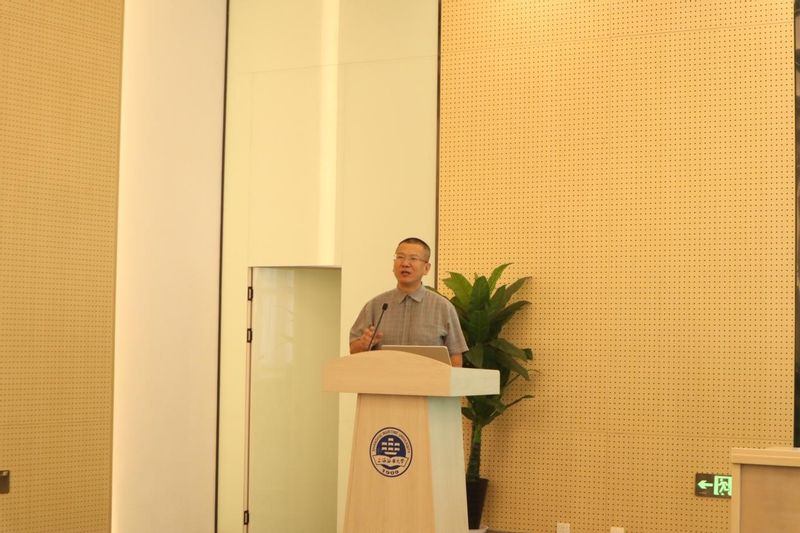
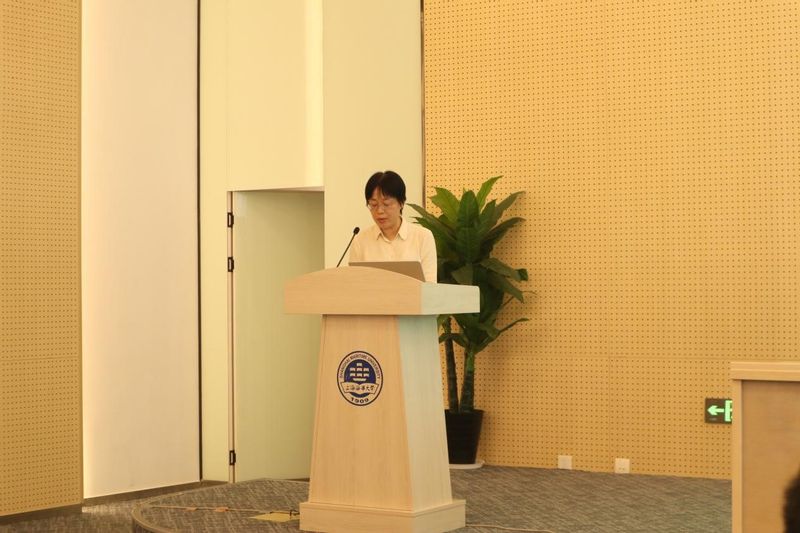
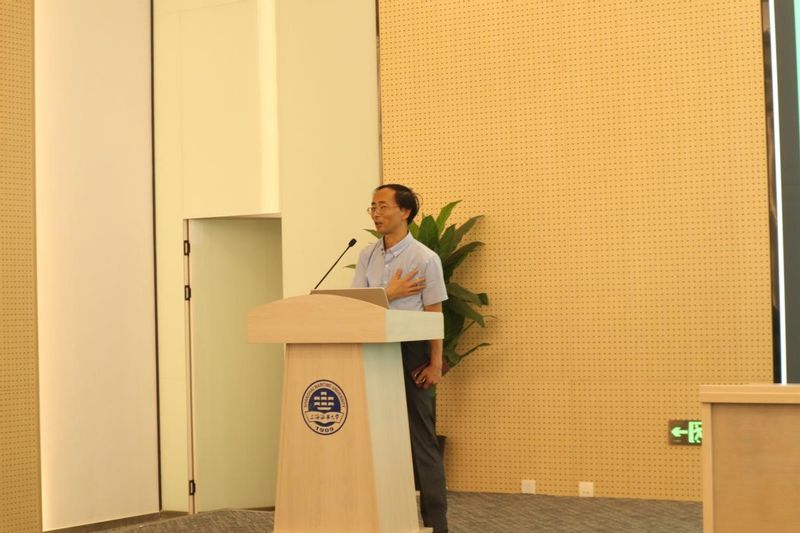
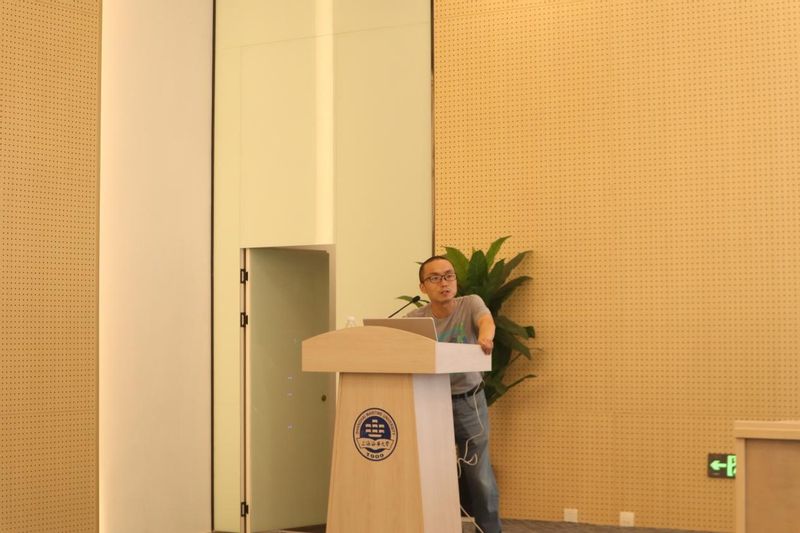
Then, Jiang Zhejie, vice dean of graduate studies, read the training program, requirements for scientific research results, rules for evaluation and awards, and answered the questions raised by the students.
Finally, Professor Zhang Yan, Dean of the College of Foreign Languages, summed up his speech. She stressed that the integration of translation and maritime affairs is one of the characteristics of the College of Foreign Languages of Shanghai Maritime University. The College focuses on the training of technical talents in translation for specific purposes, and is oriented towards international maritime cross-language and cross-cultural applied research, so as to train students to have interdisciplinary knowledge and high-level technical skills in translation. The college has established links with a number of international organizations and institutions, and also provides a wealth of internship and career opportunities for graduate students.
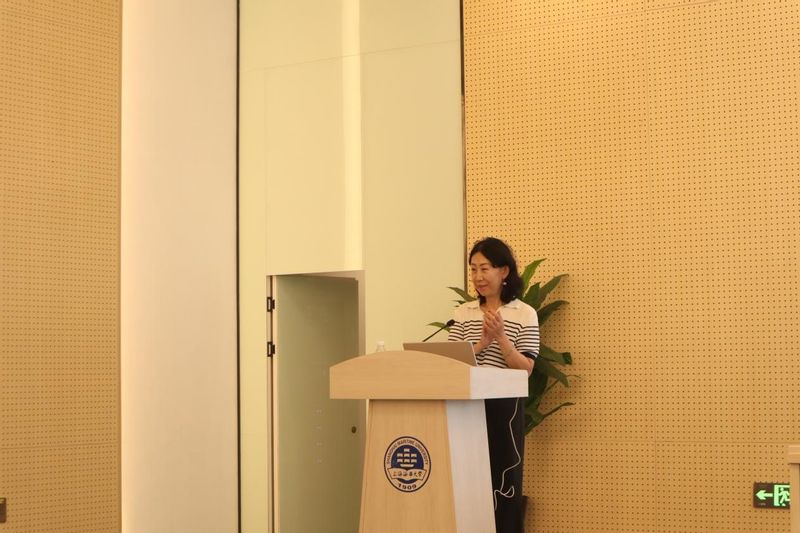
She said that the College of Foreign Languages attaches great importance to the career planning of students, and encourages students to make full use of their school background in the field of maritime and navigation, combined with the social environment and the market environment, to plan for their future careers.
(Reported by the College of Foreign Languages office; Translated by Shi Ying)


